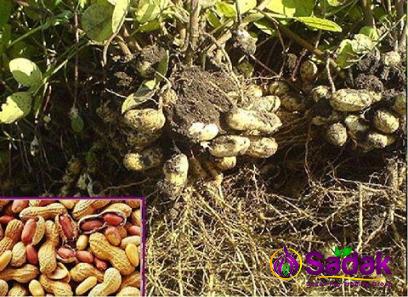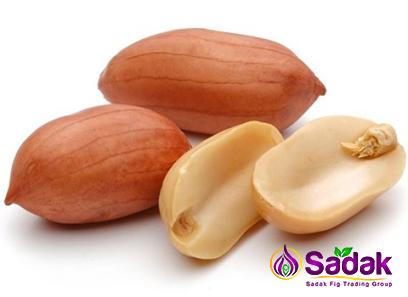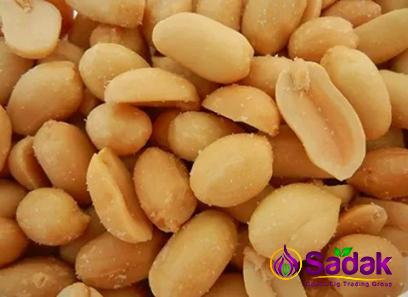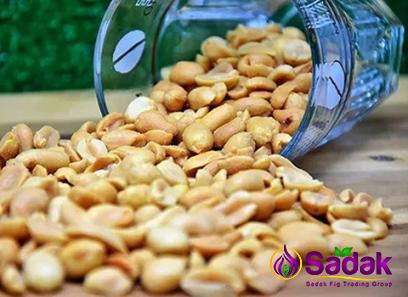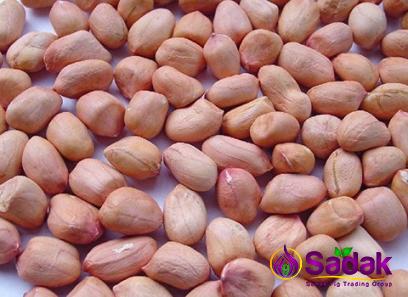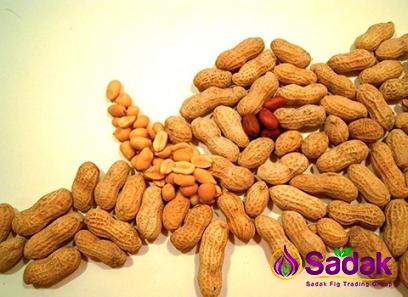Nuts in shell are a diverse and nutritious group of edible fruits which have become increasingly popular as a healthy snack option. New Zealand boasts a variety of nut-producing regions, including Waikato, Northland, and Bay of Plenty. This article provides an overview of the nuts in shell industry in New Zealand, including the major types of nuts grown, regional production, cultivation techniques, market trends, and export opportunities.
Types of Nuts Grown in New Zealand:
New Zealand’s diverse climate allows for the cultivation of various types of nuts in shell. The most commonly grown nuts include macadamias, walnuts, chestnuts, hazelnuts, and almonds. Macadamias are highly prized for their rich, buttery flavor and are predominantly grown in Northland and the Bay of Plenty. Walnuts are predominantly grown in Canterbury and Nelson, while chestnuts are cultivated in Waikato and Hawke’s Bay. Hazelnuts and almonds are grown in several regions across the country.
Regional Production and Cultivation Techniques:
The cultivation of nuts in shell in New Zealand is highly reliant on the unique climatic conditions prevalent in different regions. Northland and Bay of Plenty are known for their warm and subtropical climate, making them ideal for macadamia production. Canterbury and Nelson, with their cool summers and long dry autumns, are suitable for growing walnuts. Waikato’s mild and humid climate makes it an attractive region for chestnut production, while areas like Hawke’s Bay and Taranaki provide suitable conditions for hazelnuts and almonds.
Cultivation techniques employed in the nuts in shell industry in New Zealand align with international best practices. These techniques include grafting, budding, and planting of certified disease-free trees to ensure optimal growth. Managing soil and water quality, alongside implementing appropriate pest and disease management strategies, are critical for successful nut cultivation. The industry also emphasizes sustainable practices, such as the use of organic fertilizers and promoting biodiversity.
Market Trends and Consumption Patterns:
The demand for nuts in shell has been steadily increasing both domestically and globally. Nuts are widely recognized for their health benefits, including being a good source of protein, healthy fats, and essential micronutrients. New Zealand’s growing health-conscious population has contributed to the rising consumption of nuts in shell as a convenient and nutritious snack option. Additionally, nuts are central to various culinary and confectionary applications, further driving their demand.
In recent years, there has been a noticeable shift towards more sustainable and ethically produced food products, including nuts in shell. Consumers are increasingly seeking transparency in the supply chain, placing a premium on sustainable farming techniques, fair labor practices, and traceability. Meeting these demands provides a competitive advantage for New Zealand nut growers who adhere to environmentally friendly practices.

Export Opportunities and Challenges:
New Zealand’s nuts in shell industry has significant potential for export growth. The country’s reputation for producing high-quality, safe, and traceable food products worldwide is an advantage in tapping into international markets. Australia, the United States, Europe, and Asia are key export destinations for New Zealand nuts.
However, there are challenges to fully harnessing the export potential. The small scale of the industry, limited processing infrastructure, and higher production costs compared to established international suppliers pose some hurdles. Creating industry collaborations, improving processing capabilities, and investing in marketing campaigns focusing on the unique qualities of New Zealand’s nuts can help overcome these challenges and stimulate export growth.
Industry Associations and Research Organizations:
The nuts in shell industry in New Zealand is supported by various industry associations and research organizations. These entities play a crucial role in providing technical expertise, coordinating industry events, facilitating knowledge-sharing and networking opportunities, and advocating for the industry’s interests at both national and international levels. Prominent organizations include the New Zealand Nut Industry Council and research institutions like Plant & Food Research and AgResearch.
Conclusion:
The nuts in shell industry in New Zealand is a growing sector with increasing domestic consumption and export potential. The country’s diverse climate allows for the cultivation of various nut types, while sustainable and ethical farming practices are becoming more critical for market success. By addressing challenges, including scaling up production, improving processing infrastructure, and promoting New Zealand’s unique selling points, the industry is well-positioned to thrive both domestically and internationally.I. Market Analysis:
The nuts in shell industry in New Zealand is experiencing significant growth due to increasing consumer demand for healthy and natural snack options. Nuts are not only consumed as a standalone snack but are also incorporated into various food products such as baked goods, confectionery, and breakfast cereals. The global market for nuts in shell is projected to reach USD 15.3 billion by 2026, driven by rising health consciousness, growing vegan and vegetarian populations, and a shift towards sustainable and ethical food consumption.
II. Competitive Landscape:

The New Zealand nuts in shell industry is highly fragmented, with many small and medium-sized farms producing a wide range of nut varieties. While this creates diversity in terms of the types of nuts available, it also poses challenges for consistent quality control and marketing efforts. However, some larger players in the industry have managed to establish strong brands and secure export contracts. Collaborations and partnerships among growers can help streamline the supply chain and increase competitiveness on the global stage.
III. Value Addition and Processing:
A significant opportunity for the New Zealand nuts in shell industry lies in value addition and processing. While the majority of nuts are sold in-shell, there is growing demand for value-added products such as roasted nuts, flavored nuts, nut butter, and nut-based snacks. Investing in processing facilities and innovation in product development can help capture higher-value market segments and increase profitability for growers and processors.
IV. Sustainability and Organic Production:
Sustainability and organic production are becoming increasingly important for the nuts in shell industry in New Zealand. Consumers are seeking products that are grown using environmentally friendly practices and are free from synthetic chemicals. Embracing organic farming methods not only improves the environmental footprint of the industry but also appeals to health-conscious consumers who prioritize clean and wholesome food options. Certification programs such as BioGro and Demeter are gaining popularity among growers interested in organic production.
V. Research and Development:
Investing in research and development is crucial for the continued growth and competitiveness of the nuts in shell industry in New Zealand. Research institutions, such as Plant & Food Research and AgResearch, play a vital role in conducting studies on crop management, pest and disease control, new varieties, and post-harvest technologies. Collaboration between industry stakeholders and research organizations can lead to improved productivity, sustainability, and product innovation.
VI. Export Opportunities:
Exports present significant growth opportunities for the New Zealand nuts in shell industry. Developing strong relationships with international buyers and distributors, participating in trade shows and exhibitions, and conducting targeted marketing campaigns can help increase export volumes. Establishing New Zealand as a reliable and premium supplier of high-quality nuts in shell is essential to compete with other major producing countries.

VII. Risk Management:
As with any agricultural industry, the nuts in shell sector in New Zealand faces risks such as adverse weather conditions, pests and diseases, market fluctuations, and regulatory changes. Growers need to implement risk management strategies to mitigate these risks, including diversifying their product range, investing in crop insurance, maintaining good relationships with buyers, and staying updated with market trends and regulations.
VIII. Government Support:
Government support is crucial for the growth and development of the nuts in shell industry in New Zealand. Policies that promote sustainable farming practices, provide funding for research and development, and facilitate market access can help the industry reach its full potential. Collaboration between industry associations and government agencies can ensure that the needs and concerns of growers are heard and addressed at the policy level.
IX. Investment Opportunities:
Investment opportunities exist in various aspects of the nuts in shell industry in New Zealand. These include establishing processing facilities, developing value-added products and brands, expanding export capabilities, and investing in research and development. With the increasing global demand for healthy and sustainable food products, investing in the nuts in shell industry can provide long-term growth prospects for investors.
X. Consumer Education and Marketing:
Educating consumers about the nutritional benefits of nuts in shell and promoting their versatility in culinary applications are crucial for expanding the market. Marketing efforts can focus on highlighting the unique qualities of New Zealand nuts, such as their quality, safety, and traceability. Collaborative marketing campaigns involving industry associations, growers, and retailers can help create brand awareness and increase consumer demand.
Conclusion:
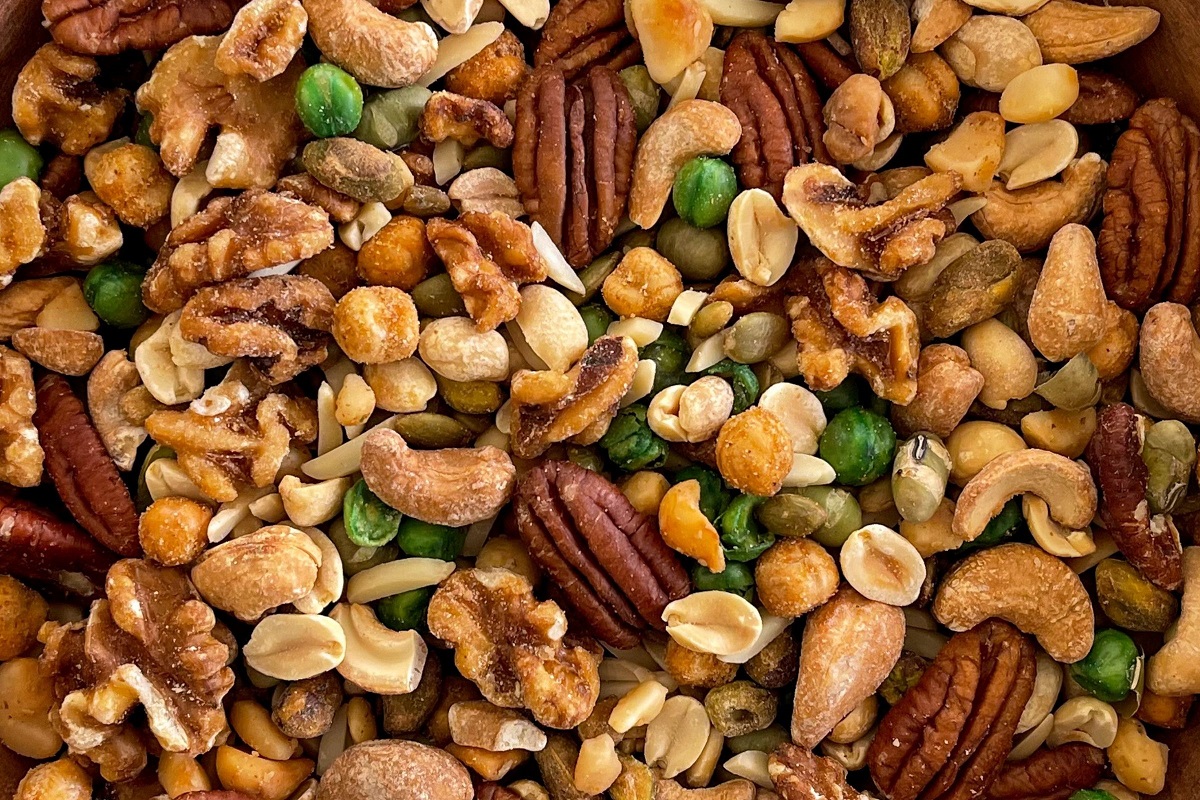
The nuts in shell industry in New Zealand is poised for growth, driven by increasing consumer demand for healthy and sustainable food options. With its diverse range of nut varieties, favorable climate conditions, and commitment to sustainable farming practices, New Zealand is well-positioned to capitalize on the global market for nuts in shell. By investing in value addition, processing infrastructure, research and development, and marketing initiatives, the industry can overcome challenges and secure a strong position in the international nuts market.


